By: Theresa Moses
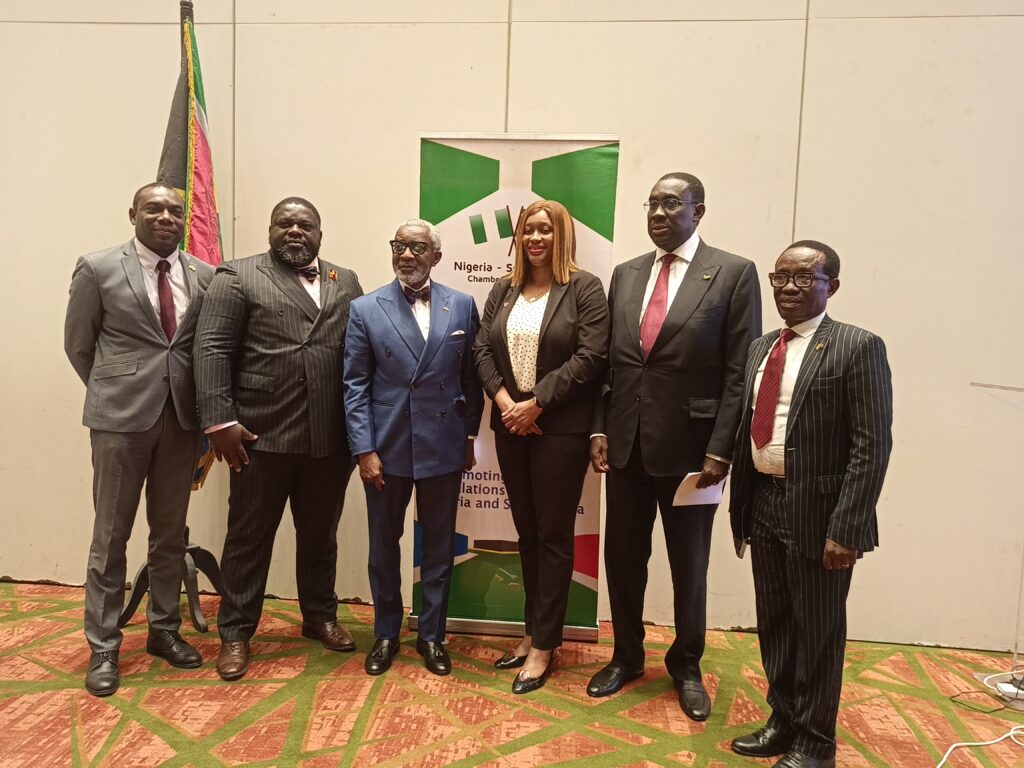
Nigeria, Africa’s largest economy, is grappling with economic volatility, which has become a recurring decimal in its development journey.
As a result, the country’s economic growth has been marked by periods of boom and bust, with the most recent episode being the 2014–2016 recessions. This volatility has far-reaching implications for investors, citizens, and the overall development of the country.
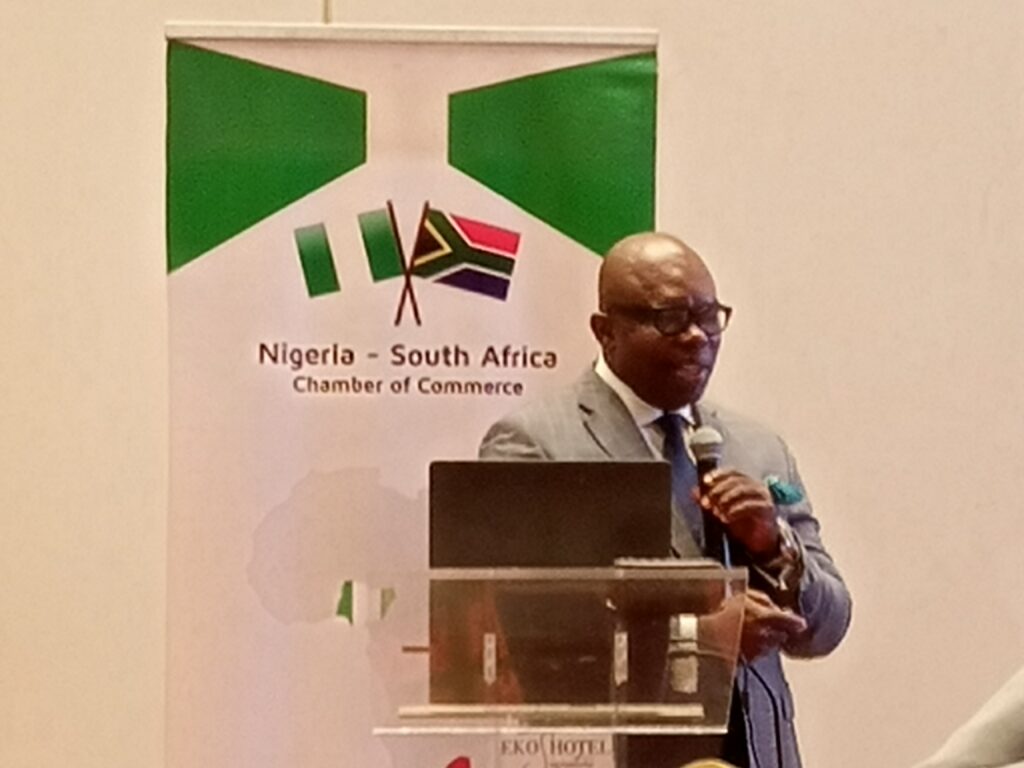
Mr. Ogho Okiti, a renowned economist and Chief Executive Officer of the Africa Business Convention, addressed the challenges and opportunities arising from this economic uncertainty recently at the Nigeria-South Africa Chamber of Commerce (NSACC) April Breakfast Forum, sponsored by Coca-Cola Nigeria Limited in Eko Hotel and Suites, Victoria Island, Lagos.

Okiti highlighted the impact of exchange rate volatility on foreign investment, citing the decline in Foreign Direct Investment (FDI) from $4.5 billion in 2015 to $2.2 billion in 2022. He attributed this decline to investors’ aversion to risk and the need for policy measures to address volatility.
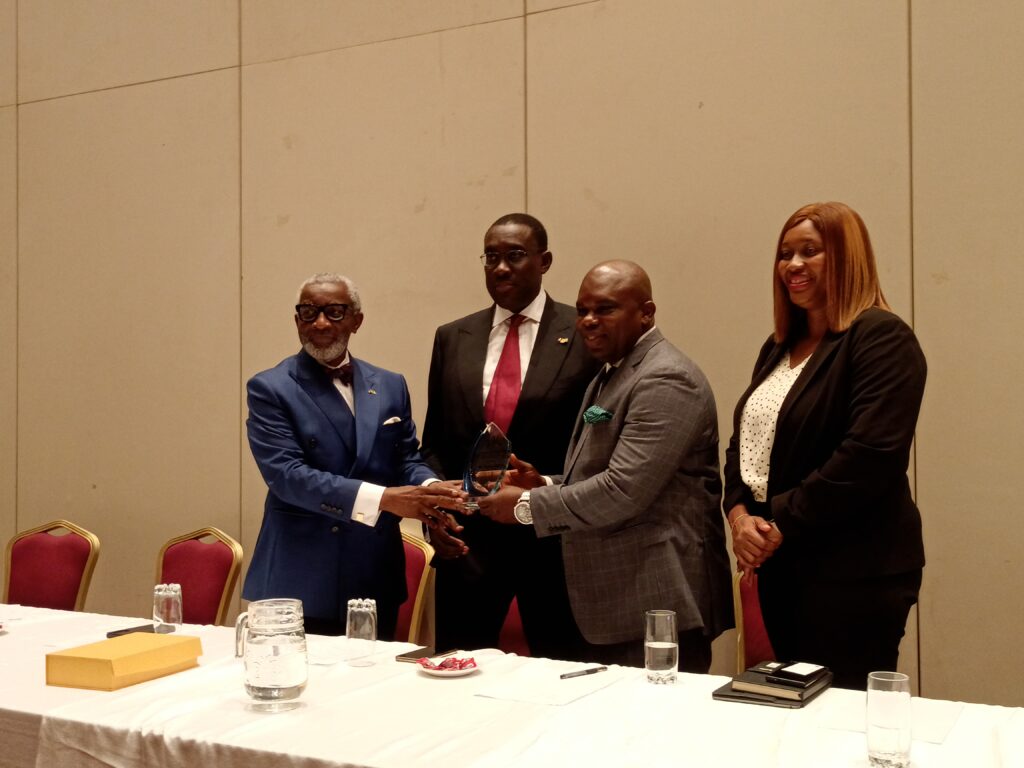
According to the economist, Nigeria’s economic volatility is not solely the result of domestic factors but also of external shocks. He identified three key factors contributing to the country’s economic volatility: global economic trends, domestic policy inconsistencies, and external shocks.
To address these challenges, Okiti emphasised the need for a comprehensive approach that includes fiscal, monetary, and structural reforms. He also highlighted the importance of building foreign reserves, diversifying the economy, and promoting investment in human capital.
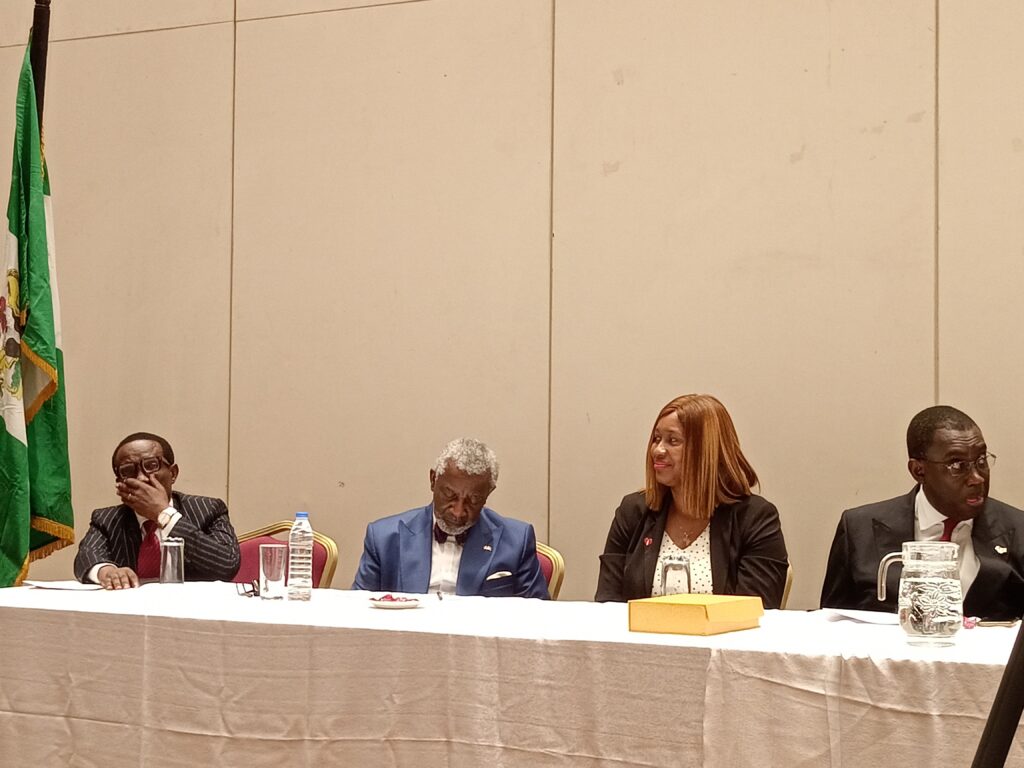
The Guest Speaker also emphasized the importance of economic growth, citing China and India as examples of countries that have achieved rapid growth through effective economic policies.
As a result, he urged Nigeria to adopt similar strategies to boost its economic growth and attract foreign investment.

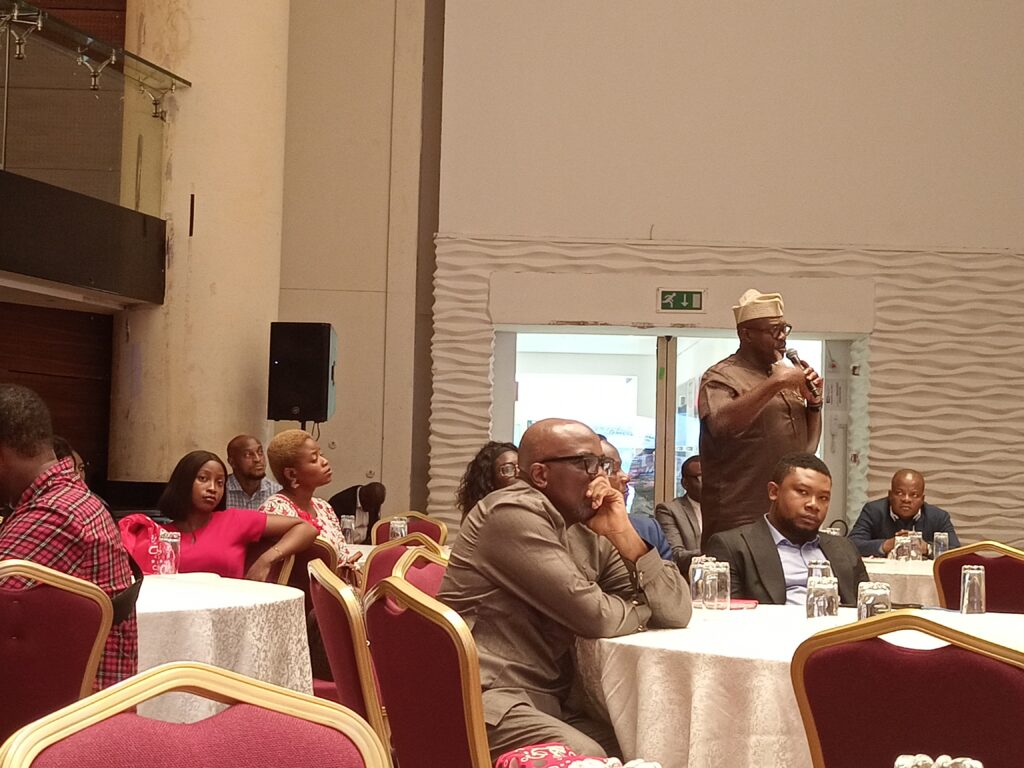
Mr. Okiti discussed the role of monetary and fiscal policies in addressing economic volatility, praising the Central Bank of Nigeria’s efforts to stabilise the exchange rate and control inflation.
He noted that more needs to be done to address the root causes of volatility.
In addition, Okiti stressed the need for proactivity by policymakers and respond to economic shocks. He noted that economic considerations should be at the forefront of policy decisions and that the government must be willing to make sacrifices and take bold steps to address the country’s economic challenges.

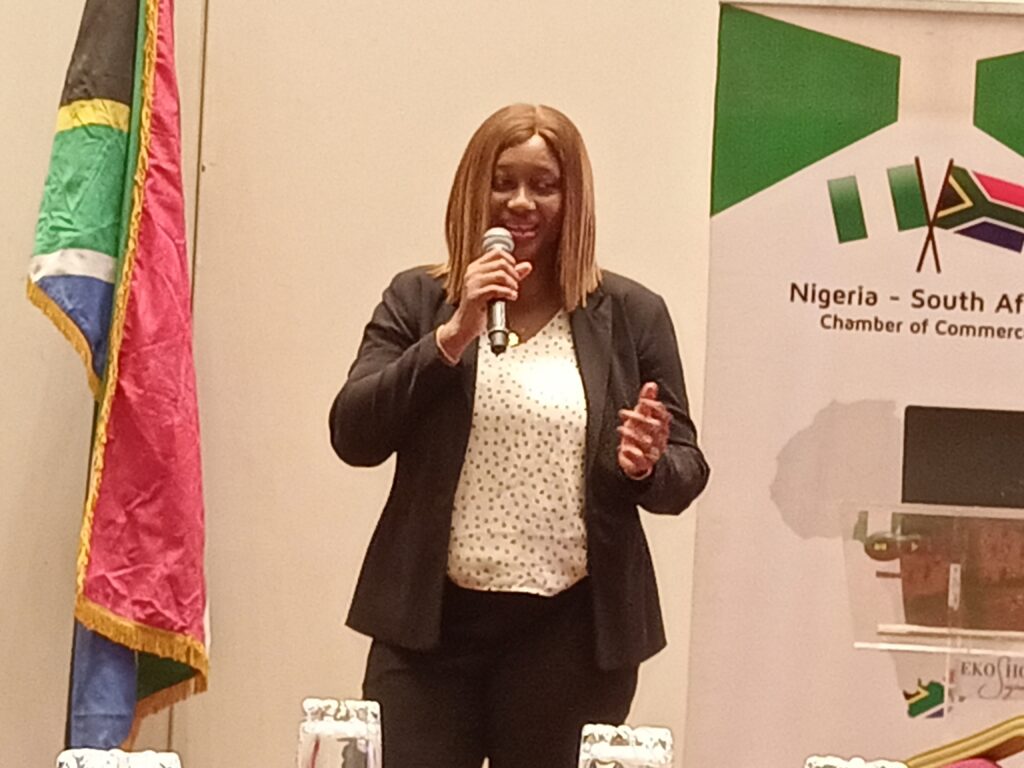
The forum also featured a presentation by Mrs. Amaka Onyemelukwe, Director of Public Affairs, Communications, and Sustainability, Coca-Cola Nigeria Limited, who discussed the company’s efforts to promote sustainability and reduce plastic waste, highlighting the importance of recycling and encouraging individuals and organisations to take action to mitigate the environmental impact of their activities.
“At Coca-Cola, we recognise that our operations have an impact on the environment, and we’re committed to making a positive difference,” said Mrs. Onyemelukwe.
She continued, “We’re working to reduce our carbon footprint, increase recycling rates, and promote sustainable practices throughout our value chain. We believe that everyone has a role to play in protecting our planet, and we’re encouraging our consumers, customers, and partners to join us in this journey.”
Mrs. Onyemelukwe highlighted Coca-Cola’s new sustainability initiative, “World Without Waste,” which aims to collect and recycle the equivalent of every can or bottle sold by the company by 2030. She also announced the company’s plans to increase the use of recycled materials in its packaging, reduce waste in its operations, and promote recycling and reuse among its customers and consumers.
The event, which was attended by business leaders, policymakers, and other stakeholders, provided a platform for robust discussions and insights into Nigeria’s economic trajectory. The consensus was clear: Nigeria must take decisive action to address its economic volatility and unlock its full potential.
However, the event served as a call to action for policymakers, business leaders, and citizens to work together to build a more stable and prosperous economy for Nigeria.
Importantly, Onyemelukwe’s presentation served as a call to action for individuals and organisations to join forces in promoting sustainability and reducing plastic waste.
Share your story or I Witness Reports with us 24/7 via SMS/Whatsapp: +234(0)8072022024, Email: [email protected], follow us on our social media platforms: X (formerly Twitter), Instagram, Facebook: @Gatmash, and subscribe to our YouTube channel: Gatmash TV.
Gatmash News is one of the most sought-after news portals, with an increasing audience and exclusive breaking news and reports across the globe. Plus more. Website: https://gatmash.com
For ad placement, contact us today via email at [email protected] or call our hotlines at +234(0)8072022024.





